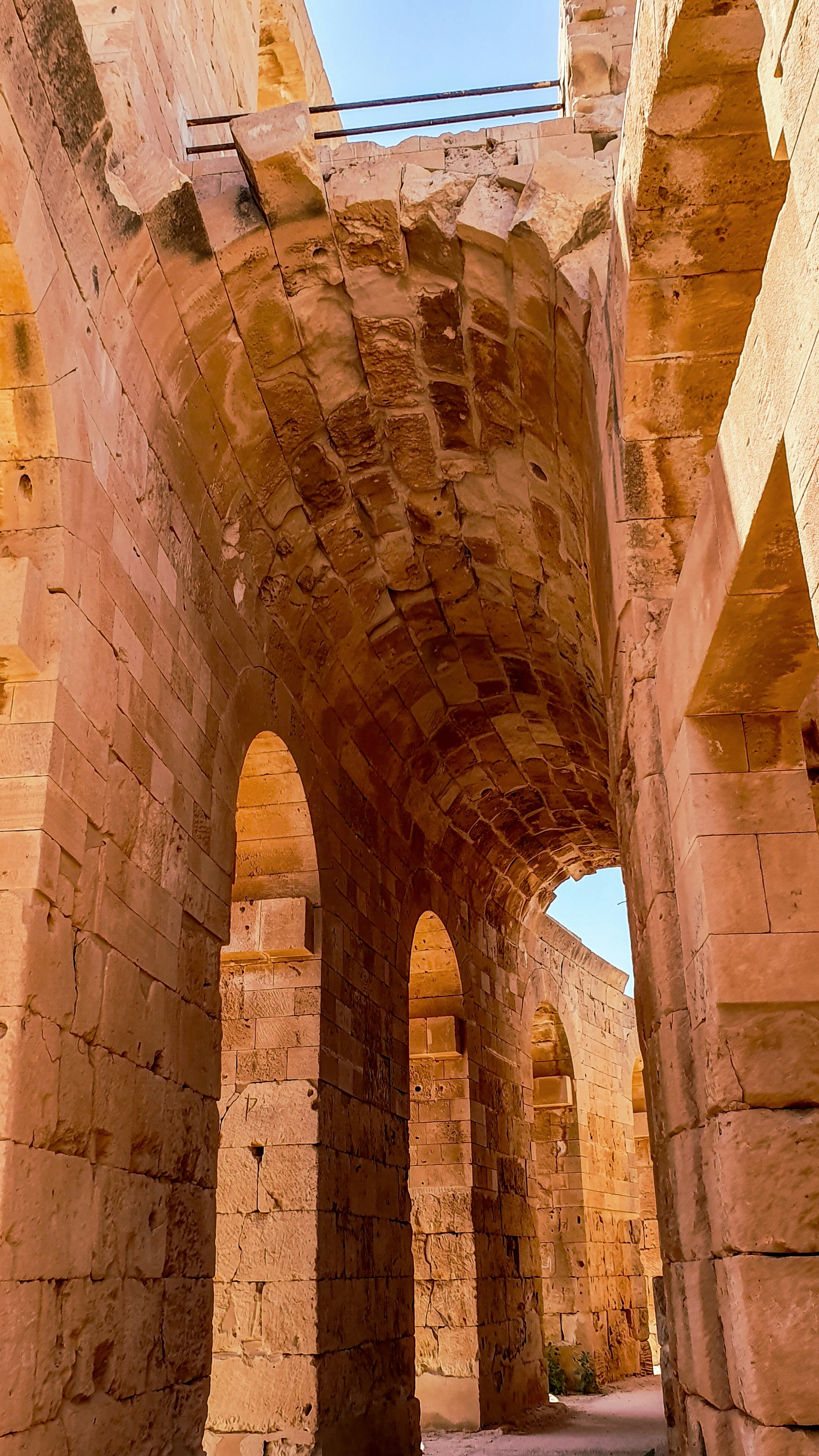Discovering Libya: Local Culture, Traditions & Festivals

Discovering Libya: Local Culture, Traditions & Festivals
Libya, located in North Africa, is a country rich in history, culture, and traditions. As you explore this fascinating destination, you will have the opportunity to immerse yourself in its unique customs and experience vibrant festivals. Here is a glimpse into the local culture and traditions of Libya.
Local Culture
The culture of Libya is a blend of Arab, Berber, and Mediterranean influences. The majority of Libyans are Muslim, and Islam plays a significant role in shaping the daily lives of its people. Traditional values, such as hospitality and family ties, are highly valued in Libyan society.
Libyan cuisine is diverse, with flavors influenced by neighboring countries. You can indulge in delicious dishes like couscous, lamb tagine, and a variety of street food specialties. Tea is the beverage of choice in Libya, and sharing a cup of sweetened mint tea is a customary way to greet guests.
The arts are also an integral part of Libyan culture. Music and dance performances, often accompanied by traditional instruments like the oud and darbuka, showcase the country's rich heritage. Traditional handicrafts, such as pottery, carpets, and silver jewelry, are treasured as well.
Traditions
One of the most significant traditions in Libyan culture is the emphasis on family and community. Extended families often live together and play a vital role in providing support and guidance. Respect for elders is deeply ingrained, and gathering for large family meals is a common practice.
Hospitality is another cherished tradition in Libya. Libyans are known for their warm and welcoming nature, and guests are treated with great generosity. It is customary for visitors to remove their shoes before entering a Libyan home and to bring a small gift for the host.
The traditional clothing of Libya is colorful and reflects the country's heritage. Men wear a long, loose-fitting robe called a jalabiya, while women often wear a dress called a thobe. Headscarves, known as hijabs, are also commonly worn by women.
Festivals
Libya celebrates several vibrant festivals throughout the year, offering a glimpse into the country's traditions and culture.
- Eid al-Fitr: This is a major Islamic festival that marks the end of Ramadan, the month of fasting. It is a time of feasting, prayer, and exchanging gifts with family and friends.
- Eid al-Adha: Also known as the Festival of Sacrifice, this festival commemorates the willingness of Ibrahim (Abraham) to sacrifice his son as an act of obedience to God. Families come together to share a meal and perform prayers.
- Mawlid al-Nabi: This festival celebrates the birth of the Prophet Muhammad. It is marked by religious processions, recitations of poetry, and charitable acts.
- Independence Day: Celebrated on December 24th, Independence Day commemorates Libya's liberation from colonial rule. Festivities include parades, fireworks, and cultural performances.
These festivals offer an opportunity to witness the rich cultural traditions of Libya and engage with the local community.
